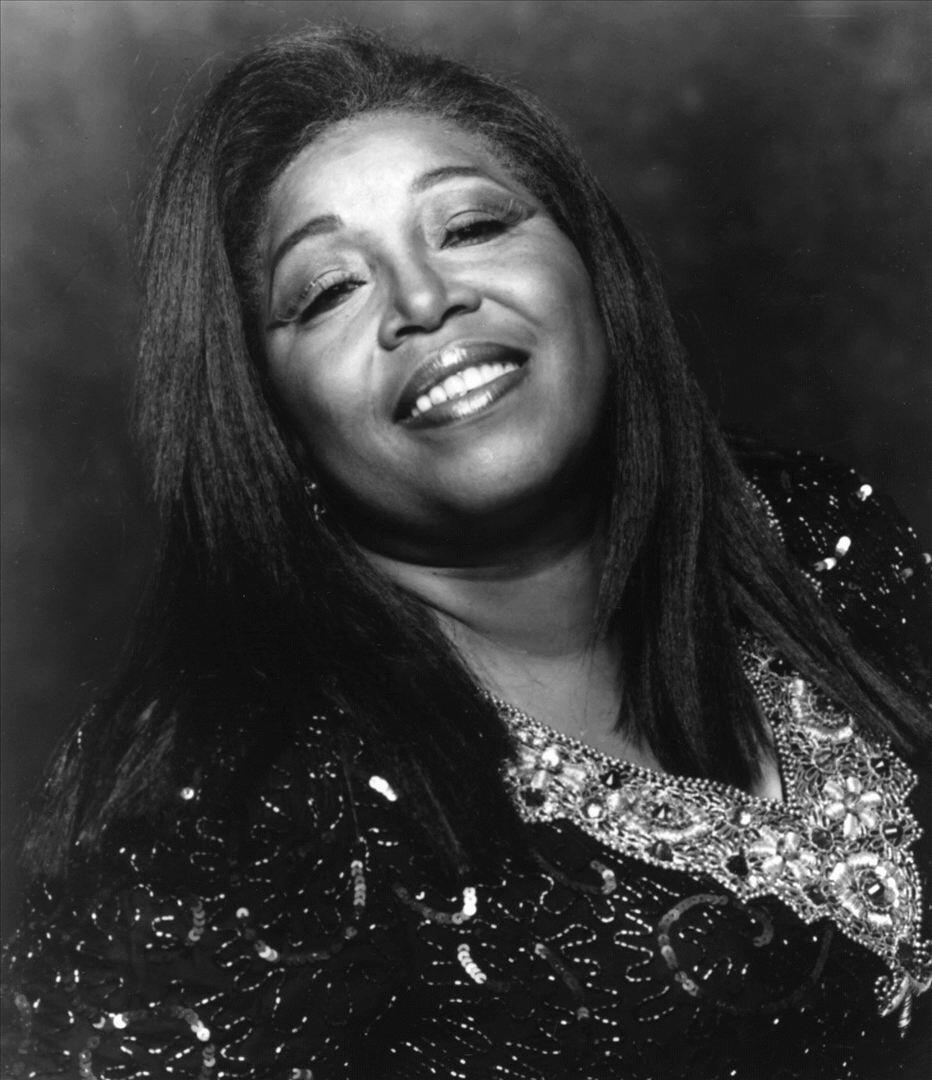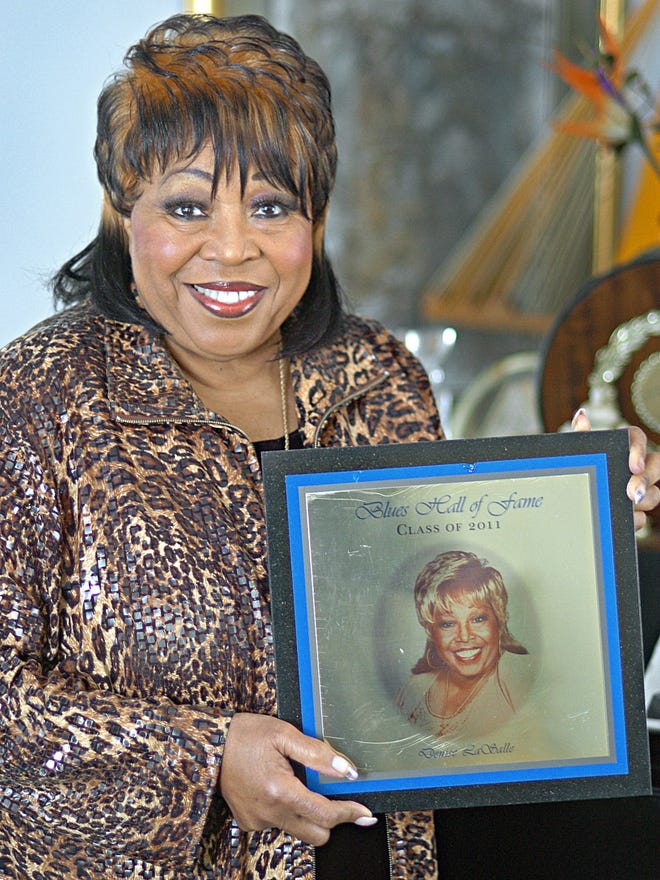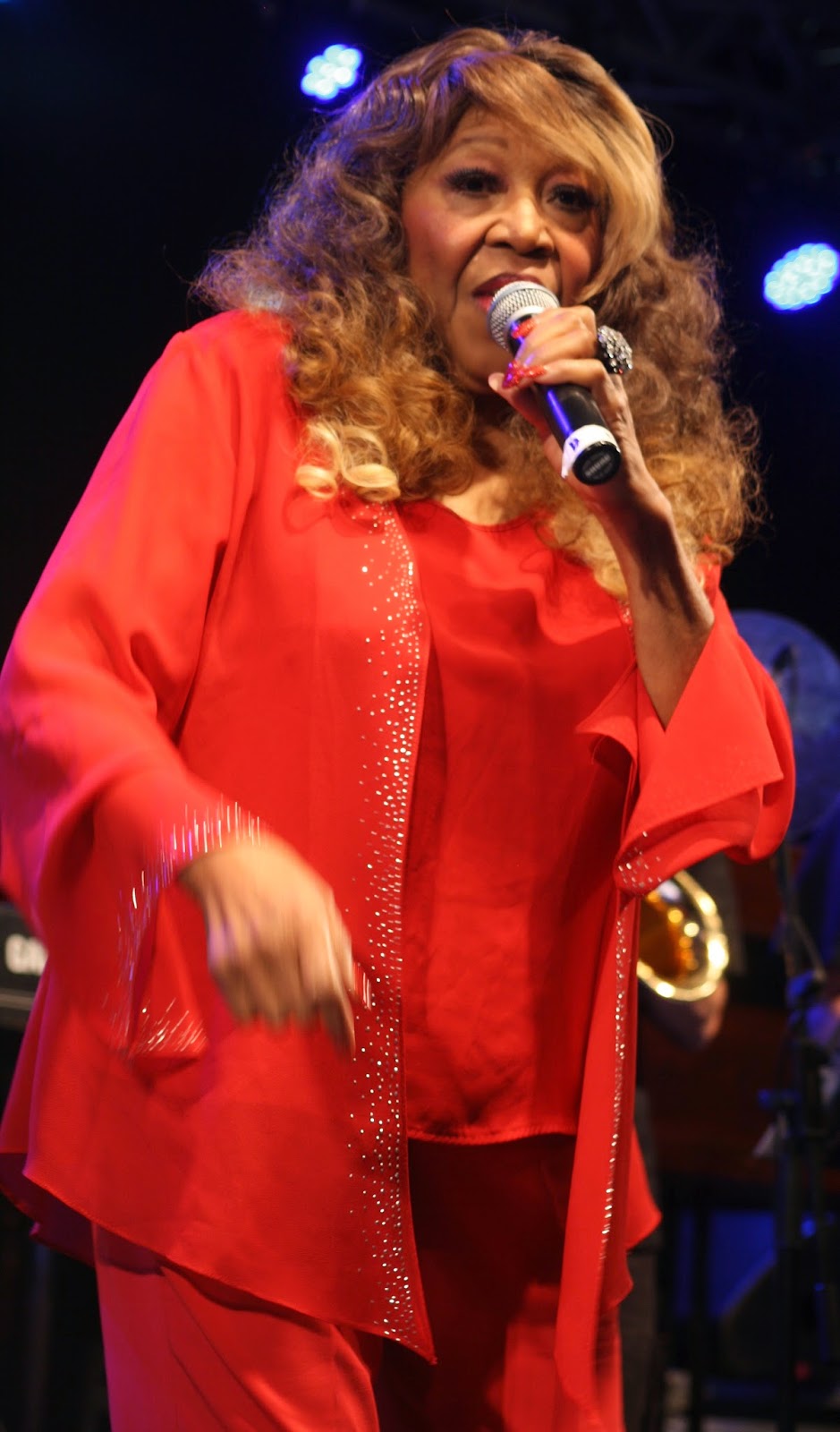Remembering Denise LaSalle: A Musical Legacy That Resonates Beyond Time
On the anniversary of her birth, the world pauses to remember Denise LaSalle, a luminary in the blues and soul music genres. Born on July 16, 1939, in Mississippi, LaSalle’s journey from a modest upbringing to becoming the “Queen of the Blues” is a narrative steeped in resilience, talent, and an indomitable spirit. As we reminisce about her life and contributions, it becomes evident why her legacy continues to echo through the corridors of music history.

Early
Life and Foray into Music
Denise LaSalle, born Ora Denise Allen, was raised in a musical environment that greatly influenced her career. Her move to Chicago as a teenager brought her into contact with the vibrant blues and soul scenes, where her musical aspirations took flight. In these formative years, LaSalle honed her skills, laying the groundwork for a career that would later define an entire musical genre.

The Rise to Stardom
LaSalle’s big break in the music industry came in the late 1960s. She began recording for notable labels like Chess Records and later Westbound Records. Her initial successes paved the way for her 1971 hit, “Trapped by a Thing Called Love,” which topped the R&B charts and firmly established her as a significant figure in the music world. This song, among others, showcased LaSalle’s unique blend of storytelling and soulful blues.

A
Prolific Songwriter and Dynamic Performer
Denise LaSalle’s talents extended far beyond singing. She was a prolific songwriter, infusing her music with narratives that spanned love, life, and empowerment. Her ability to capture the essence of human emotion in her lyrics resonated deeply with listeners. Songs like “Now Run and Tell That” and “Married, But Not to Each Other” not only achieved commercial success but also became anthems highlighting women’s experiences.

“Queen of the Blues” and Her Musical Innovations
Denise LaSalle earned the title “Queen of the Blues” through her contributions to and innovations in the genre. She was known for her bold approach to blues music, integrating elements of funk, soul, and even gospel into her sound. This versatility not only widened her appeal but also helped evolve the genre into a more inclusive and dynamic form.

Overcoming Challenges and Breaking Barriers
LaSalle’s journey was marked by her resilience in the face of challenges. She navigated a predominantly male-dominated industry with grace and strength, paving the way for future generations of female blues artists. Her career is a testament to her unyielding commitment to her art and her ability to break through barriers.

Influence
and Legacy
Denise LaSalle left an indelible mark on the world of music. Her influence extends beyond the blues genre and continues to inspire artists across various musical styles. Her legacy is evident in the way she used her platform to voice the experiences and struggles of women, making her a pioneer in using music as a form of social commentary.

Philanthropy and Commitment to Community
Apart from her musical achievements, LaSalle was also known for her philanthropic efforts and commitment to community development. She was actively involved in various initiatives aimed at supporting education and nurturing young musical talents.

The Timeless Appeal of Denise LaSalle’s Music
Today, Denise LaSalle’s music retains its powerful appeal, transcending generational divides. Her songs, imbued with timeless themes and her distinctive vocal prowess, continue to captivate new audiences, securing her place in the pantheon of great musicians.

Conclusion
As we remember Denise LaSalle, we celebrate a life that was dedicated to the pursuit of musical excellence. Her journey from the cotton fields of Mississippi to becoming a revered figure in the blues and soul genres is a story of perseverance, courage, and the transformative power of music. Her legacy endures not just in the songs she left behind but in the path she blazed for those who follow in her footsteps. Denise LaSalle’s life and music continue to inspire, reminding us of the enduring power of the blues to convey the deepest human emotions.




